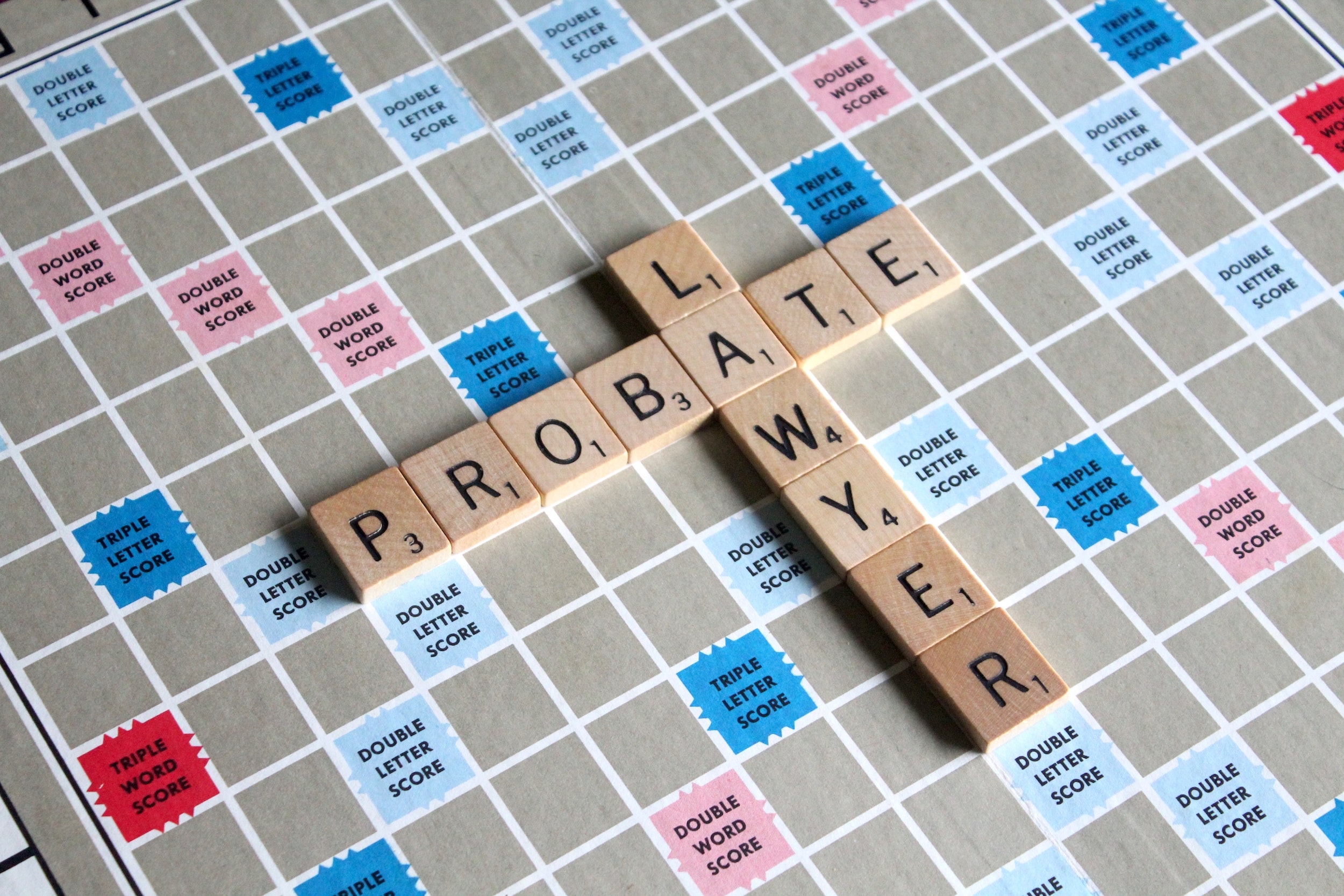On behalf of The Law Office of Wickersham and Bowers posted in Family Law on Friday December 10th, 2021
When a child’s parents are officially separated, divorced, deceased, or unable to care for them, child custody rights dictate who will take over care of the child. The custodial parent is the name given to this person.
The child’s needs, such as shelter, clothes, and food, are the custodial parent’s responsibility. Furthermore, the person given custody of the child is accountable for making critical life decisions on the child’s behalf.
In general, while assessing who should be granted custody rights, preference is given to the biological parents. Grandparents gaining custody of their grandkids is an uncommon occurrence. The court is the only one who may decide whether a parent is unfit to care for their child.
When Would the Court Give Grandparents Custody?
When the kid’s parents are either unable or unwilling to raise their child, a court may grant custody to the grandparents.
The grandparents must show that they can raise the child; custody will not be given simply because they are the child’s grandparents.
The court will consider how long the parents have been unable to care for the child and whether the grandparents seeking custody have been caring for the child during that period.
Things that would prove a parent unfit include:
- Failure to provide a safe home
- Endangering the child’s health or safety
- Abuse
- Neglect
- Drug or alcohol addiction
- Unable to care for the childe due to mental or physical disability
For the court to grant custody to a grandparent, they would need to prove:
- They are able to financially care for the child
- They are physically and mentally fit
- The child wishes to live with the grandparents
- An emotional bond exists between the child and grandparents
The court will assess if the petitioning grandparents are mobile and able to be present and active participants in the child’s upbringing to further clarify what they are asking for.
The court will evaluate whether the grandparents are financially competent in providing for the child’s medical and day-to-day expenses while still meeting their own financial obligations.
Finally, the court will consider how the child’s connection with other family members, particularly any living parent, may be affected if the grandparents are granted custody rights.


